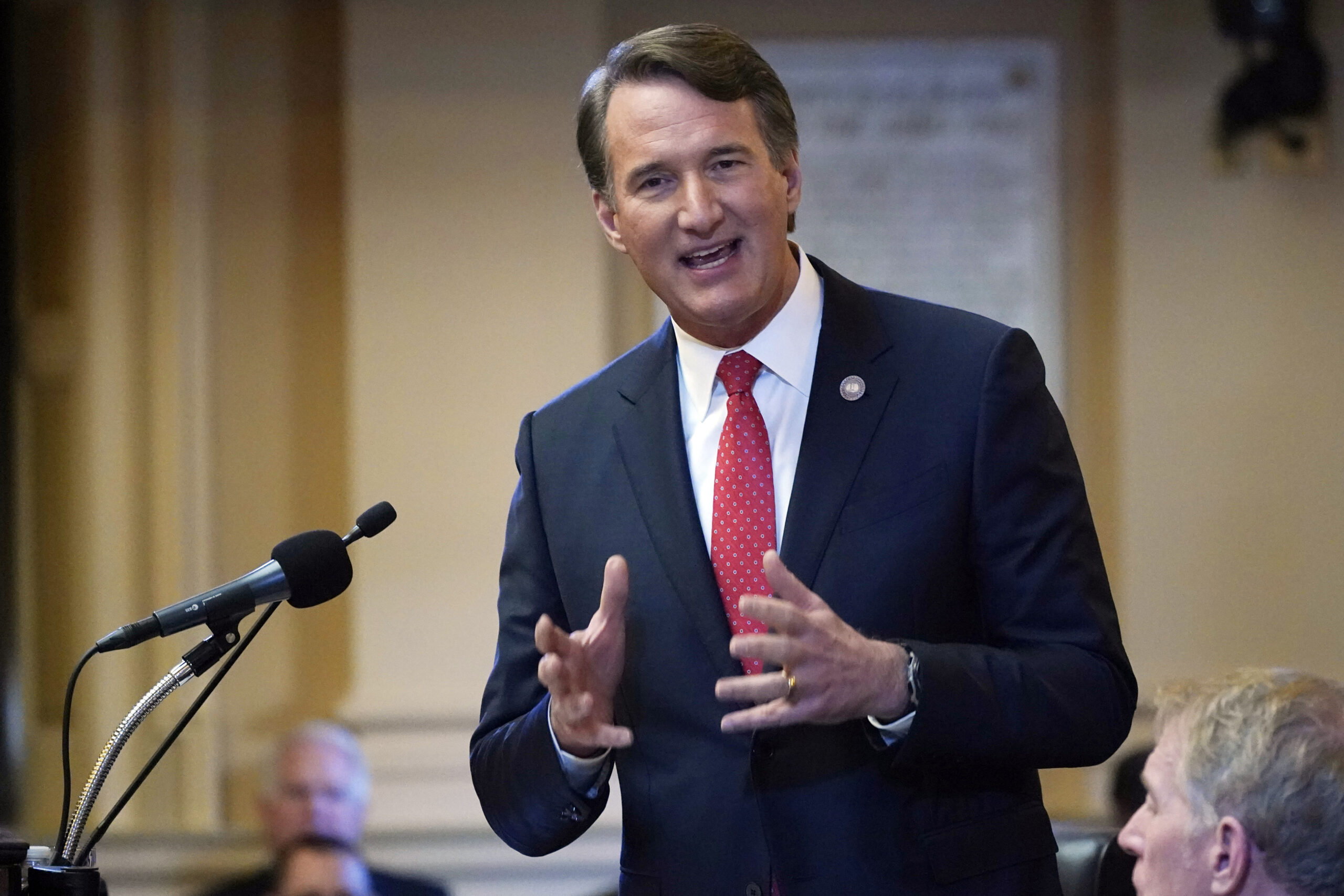

(The Center Square) – Disclosure of immigration status can be required in Virginia courts, and law enforcement officers have to be citizens with minimal exception.
Legislation that would have protected undocumented immigrants from having to do so has been vetoed by Virginia Republican Gov. Glenn Youngkin. Another proposal, also vetoed, would have also eased restrictions on noncitizens serving in law enforcement.
The governor says immigration status is pertinent to how the courts should handle cases, including potential flight risks.
“Deportation is a serious outcome for noncitizens convicted of crimes, however, the court must absolutely have the right to inquire as to the immigration status of a defendant, as it is relevant information to the way the justice system should handle his or her case, including whether or not the defendant is a flight risk,” Youngkin wrote in his veto.
House Bill 776 would have amended the minimum qualifications for law enforcement.
“The bill is unnecessary as under current law allows the Department of Criminal Justice Services to issue a waiver for qualifications under § 15.2-1705, including the requirement that law enforcement officers be citizens of the United States,” Youngkin wrote.
The governor underscored that waivers may be issued to noncitizens if they are legal residents of the U.S.
“DCJS practice is to issue waivers upon request of the law enforcement agency if the prospective employee is a legal permanent resident who is both eligible for and applied for citizenship,” Youngkin added.
Among similar legislation passed, Youngkin vetoed Senate Bill 69, which would have allowed Deferred Action for Childhood Arrivals recipients to serve as law enforcement officers in the commonwealth.
There is no legal pathway to citizenship for DACA recipients.
Supporters said the legislation would help in the recruitment of law enforcement officers. Prince William County Police Chief Pete Newsham said many DACA recipients “exceed” hiring qualifications, and believed the legislation would benefit communities.
“There are many DACA recipients and potential police recruit candidates who meet and exceed the hiring qualifications and possess the necessary skills and abilities to serve as the next generation of police officers. Their only barrier to being hired is their citizenship status,” Newsham said. “I truly believe this bill is in the best interests of our community, police departments and the many members of our community who possess a strong spirit of citizenship and deep commitment to public service.”
In the veto, Youngkin cited existing policy from the Department of Criminal Justice Services underscoring that only certain noncitizens could receive waivers, highlighting that applicants must be permanent residents to be eligible.
“As noted by supporters of the legislation, the Department of Criminal Justice Service can currently offer waivers for noncitizens who are permanent residents to serve as law enforcement officers on a case-by-case basis,” the governor wrote. “This bill would run counter to this appropriate working practice by allowing noncitizens who are not permanent residents and are not eligible to become citizens to be certified as law enforcement officers.”
In addition to the vetoes related to immigration, Youngkin issued 22 vetoes – many involving criminal justice. He also signed 36 pieces of legislation while amending two.






